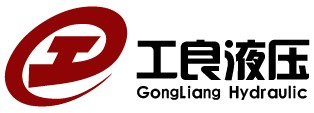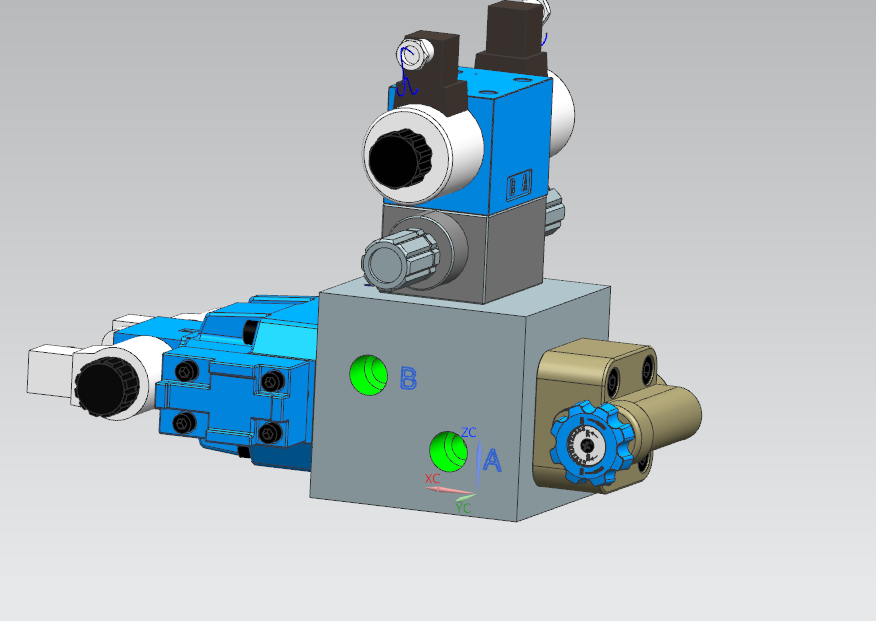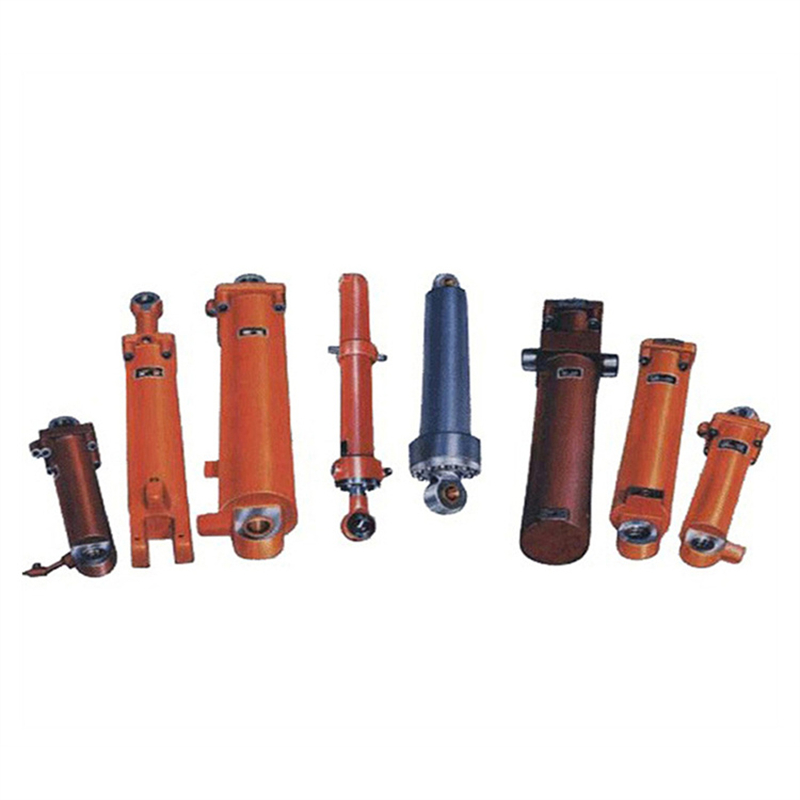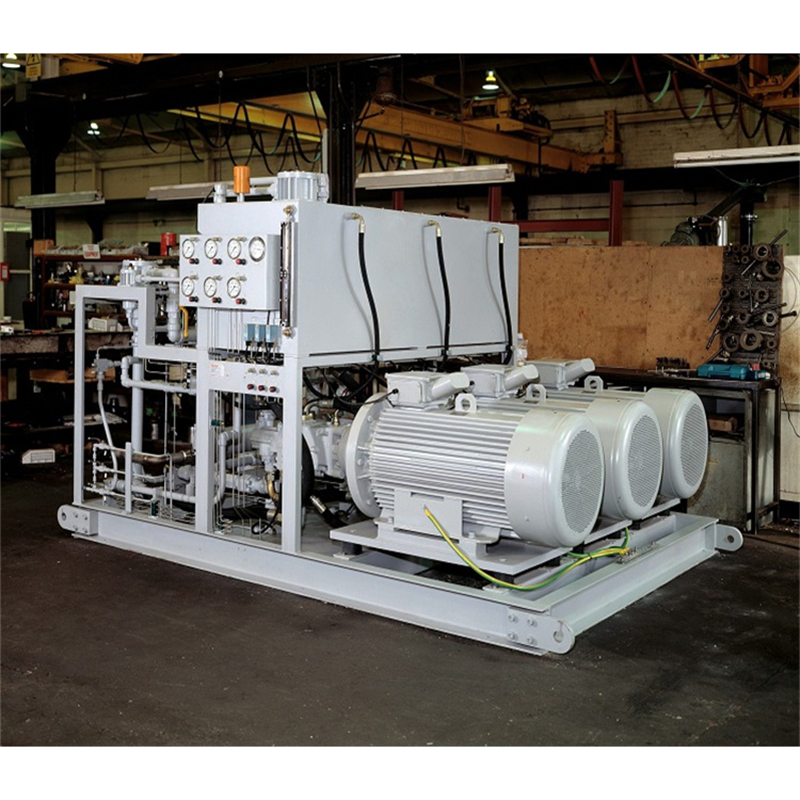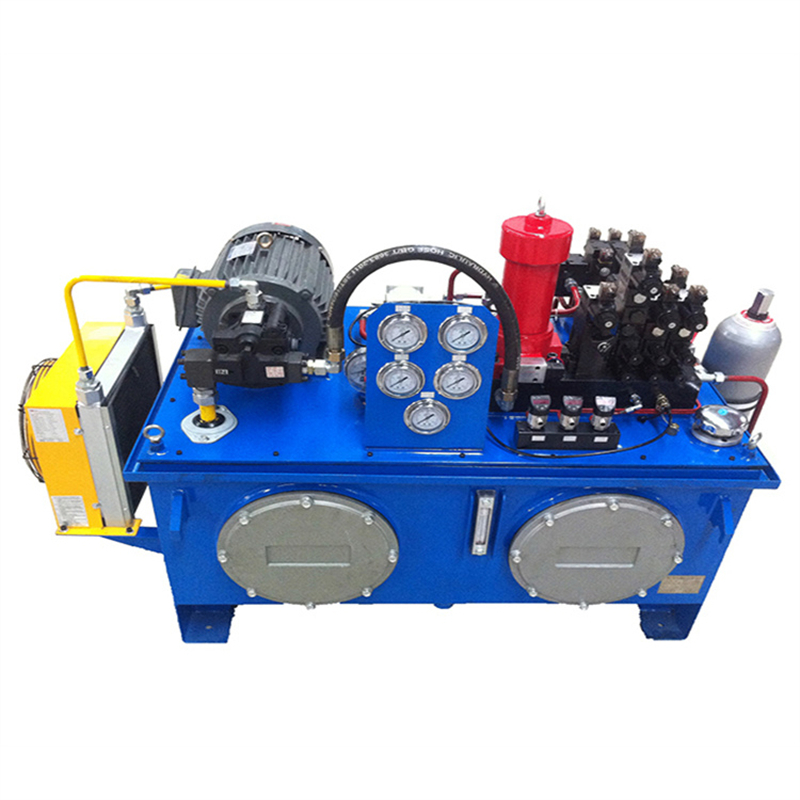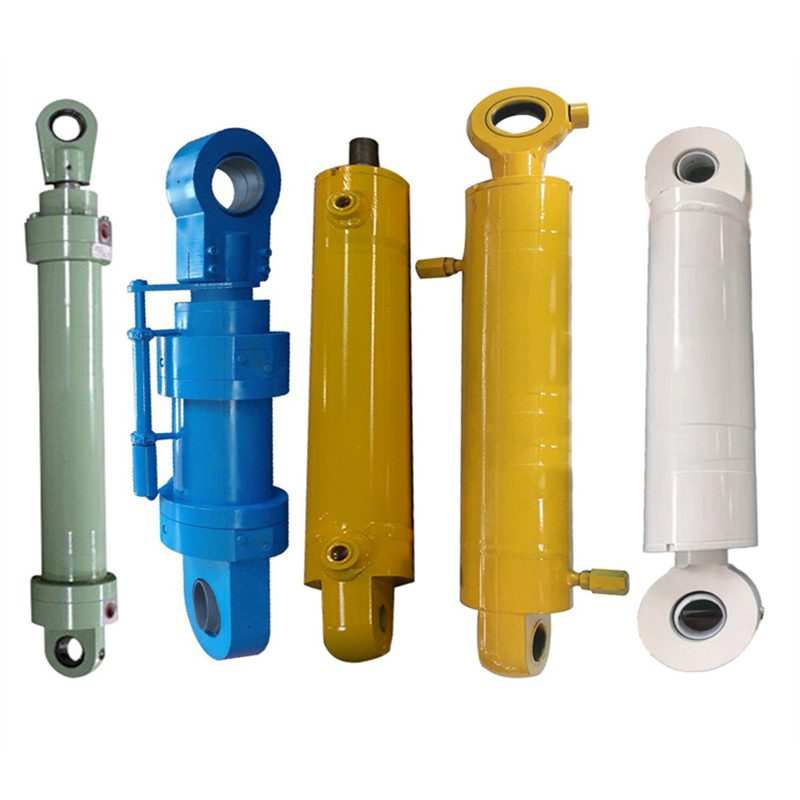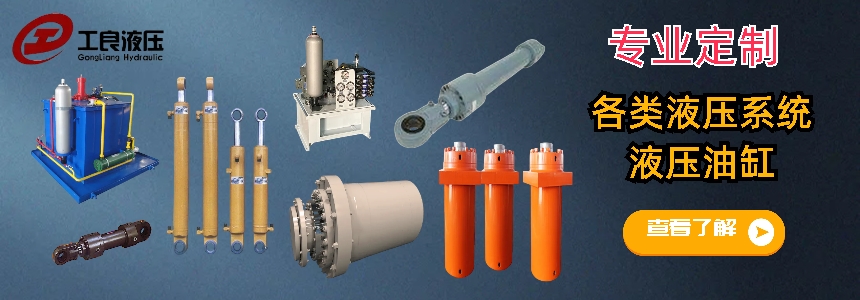Electric Hydraulic System Translation into English
In recent years, the development of electric hydraulic systems has gained significant attention in the field of engineering. As a seasoned hydraulic expert, I have witnessed the evolution of this technology and its impact on various industries. In this article, I will provide a comprehensive overview of electric hydraulic systems and discuss the challenges and benefits of translating this concept into English.
Firstly, it is essential to understand the basic principles of an electric hydraulic system. This system combines the advantages of both electric and hydraulic technologies, offering improved efficiency, precision, and control. It consists of an electric motor, a hydraulic pump, valves, actuators, and sensors. The electric motor drives the hydraulic pump, which generates hydraulic pressure to actuate the valves and control the movement of the actuators. The sensors provide feedback to ensure accurate control and monitoring of the system.
Translating the term \"电动液压系统\" into English poses several challenges. The direct translation, \"electric hydraulic system,\" may not fully convey the essence of the concept. To accurately represent the technology, it is crucial to consider the context and target audience. A more descriptive translation could be \"electro-hydraulic system,\" emphasizing the integration of electric and hydraulic components.
One of the key benefits of electric hydraulic systems is their versatility. They can be applied in various industries, such as manufacturing, construction, and automotive. For example, in manufacturing, these systems are used in assembly lines to control the movement of robotic arms and ensure precise positioning of components. In construction, electric hydraulic systems are employed in heavy machinery, such as excavators and cranes, to provide efficient and reliable power transmission. In the automotive industry, these systems are utilized in braking and suspension systems, enhancing safety and performance.
Another advantage of electric hydraulic systems is their energy efficiency. Compared to traditional hydraulic systems, which rely on constant running pumps, electric hydraulic systems only activate the pump when necessary. This on-demand operation reduces energy consumption and minimizes heat generation, resulting in lower operating costs and improved sustainability. Moreover, the integration of advanced control algorithms and sensors enables precise control of the hydraulic pressure and flow, optimizing the overall system efficiency.
The translation of technical terms related to electric hydraulic systems requires careful consideration. For instance, \"液压泵\" can be translated as \"hydraulic pump,\" while \"液压阀\" can be rendered as \"hydraulic valve.\" However, it is crucial to provide additional explanations and context to ensure a comprehensive understanding. For example, \"液压阀\" can be further described as \"a component that controls the flow and direction of hydraulic fluid in the system.\"
In conclusion, electric hydraulic systems have revolutionized various industries with their improved efficiency, precision, and control. Translating this concept into English requires a thoughtful approach to accurately convey the essence of the technology. By considering the context and target audience, a descriptive translation such as \"electro-hydraulic system\" can effectively communicate the integration of electric and hydraulic components. As the field of electric hydraulic systems continues to evolve, it is crucial to stay updated with the latest terminology and advancements.
工良液压技术部整理
